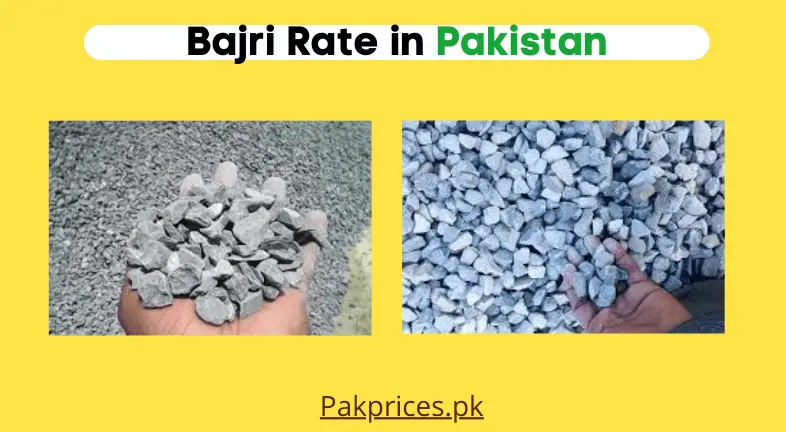
Crush Price in Pakistan | Bajri Rate Today 2023
Are you looking for the Latest Bajri Crush price in Pakistan? We’ve collected data and rate lists from all over the country and enlist for your ease.
Crush/ bajri, also known as aggregate or gravel, is a common material used in construction for a variety of applications, such as road bases, concrete, and houses. It is one of the necessities for building homes and other buildings, so you’ll need to know the updated prices of it before you begin construction.
In Pakistan, It is typically sold by weight, with the price varying based on the type, size, and quantity purchased. To ensure the quality of Crush/ bajri used in construction, it is important to source the material from a reputable supplier who adheres to industry standards and regulations.
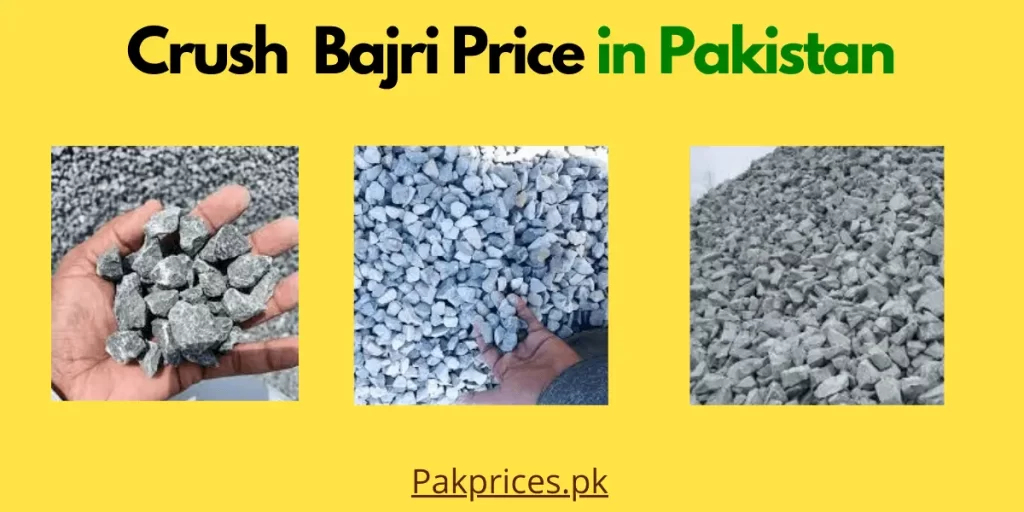
Crush Price with its types, size, quantity, and rate is given below, you can read and get an idea of the market price of bajri.
Crush Price Latest Price List [current_date] | Bajri Rate in Pakistan Today
| Crush Type | Size | Weight/ Quantity | Price in Pkr |
|---|---|---|---|
| Sargodha Bajri | 2 soter | 1 Cubic Feet | Rs. 120 |
| Sargodha Bajri | 2 soter | 200 Cubic Feet ( Trolly ) | Rs. 24000 |
| Sargodha Bajri | 2 soter | 900 Cubic Feet (Damper) | Rs. 108,000 |
| Sargodha Bajri | 3 soter | 1 Cubic Feet | Rs. 125 |
| Sargodha Bajri | 3 soter | 200 Cubic Feet ( Trolly ) | Rs. 25,000 |
| Sargodha Bajri | 3 soter | 900 Cubic Feet (Damper) | Rs. 112,500 |
| Margalla Bajri | 2 soter | 1 Cubic Feet | Rs. 130 |
| Margalla Bajri | 2 soter | 200 Cubic Feet ( Trolly ) | Rs. 26,000 |
| Margalla Bajri | 2 soter | 900 Cubic Feet (Damper) | Rs. 117,000 |
| Margalla Bajri | 3 soter | 1 Cubic Feet | Rs. 135 |
| Margalla Bajri | 3 soter | 200 Cubic Feet ( Trolly ) | Rs. 27,000 |
| Margalla Bajri | 3 soter | 900 Cubic Feet (Damper) | Rs. 121,500 |
Disclaimer Note
Crush price in your area may be different from our mentioned prices due to less availability and an increase in the dollar rate. The other reason for the difference in bajri rate is the quality of bajri. So, it’s better to verify from multiple suppliers before you purchase.
Also Read: Tr Gardar Rate
How Bajri is made?
It is made by crushing large rocks or stones into smaller pieces of varying sizes, ranging from fine dust to coarse fragments. The process of forming a crush typically involves blasting or drilling rock formations to extract large chunks of stone or rock. These larger pieces are then fed into a crusher, which uses mechanical force to break them down into smaller, more manageable pieces.
Advantages of Crush
The importance of crush in construction can be seen in several ways
- Stability
The process of crushing materials helps to ensure that they are packed tightly together, creating a stable base that can support heavy loads without settling or shifting.
- Durability
Crushed materials are typically more durable than their uncrushed counterparts, as the compression process helps to increase their strength and resistance to wear and tear.
- Drainage
Crushed materials can be used as a drainage layer to help prevent water from pooling or flooding in certain areas.
- Cost-effectiveness
Crushed materials are often less expensive than other types of construction materials, making them a cost-effective choice for many projects.
Disadvantages of Crush Bajri
Overall, bajri can be a useful construction material, but it is important to consider its potential negative impacts.
- Environmental pollution
- Health and safety risks
- It is more expensive than mud
Defensive measures
Several preventive measures can be taken to address the potential negative impacts of bajri mining and its use in construction:
- Workers should wear gloves while working on construction projects
- Workers should wear hard-soled shoes
- Crush bajri should be stored properly to prevent moisture absorption, which can weaken the material and cause it to break down over time.
FAQs




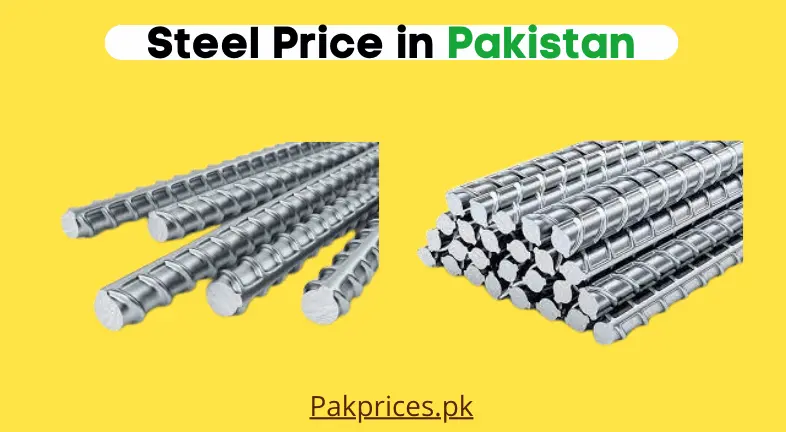
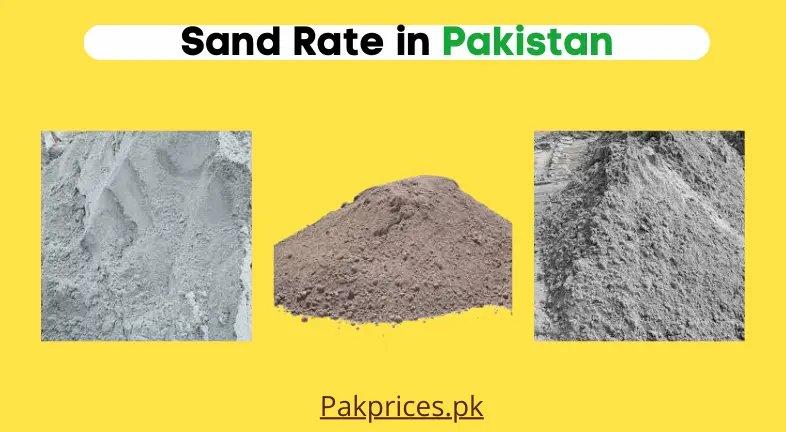
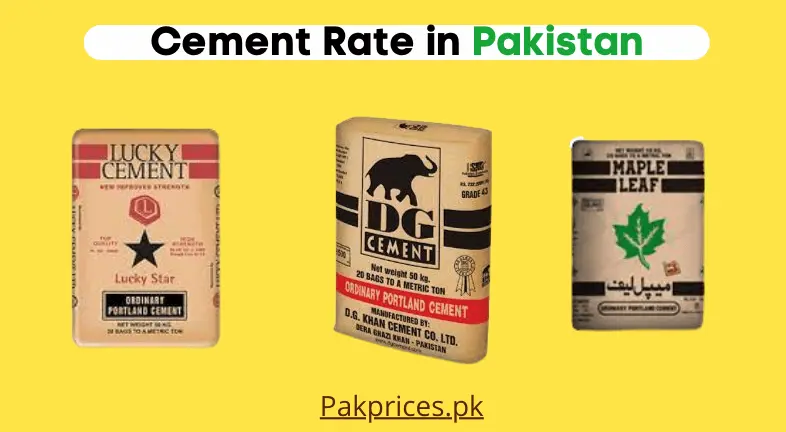
If Available best quality bajri rait, contact me I need